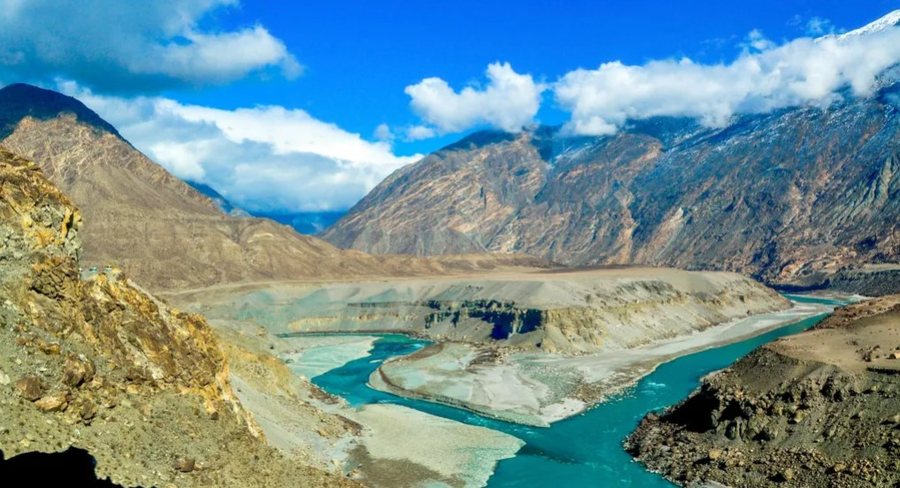
India has suspended part of the 1960 Waters Treaty after the bloody attack in Pahalgam, which left 26 people dead.
The treaty, which has survived two wars between India and Pakistan, has divided the water resources of the Indus basin between the two countries for decades. India's decision is seen as part of a series of measures against Pakistan, which Delhi accuses of supporting terrorism, a charge Islamabad categorically denies.
The internationally recognized treaty gives India the right to use the eastern Ravi, Beas and Sutlej rivers, while providing Pakistan with 80% of the flow of the western Indus, Jhelum and Chenab rivers, key sources for agriculture and energy in Pakistan.
With the treaty suspended, India is no longer required to share data on water projects or floods with Pakistan. Experts say this paves the way for India to build or modify dams and structures to hold or divert more water.
However, most of India's existing hydropower plants are of the "run-of-the-river" type, which do not store large amounts of water, making it practically impossible to stop the flow of water during the rainy season.
The biggest risk for Pakistan lies in the dry season, when every liter of water is vital. Experts warn that lack of data, diversion of flows or sudden releases of water from dams could have serious consequences on Pakistani territory.
India may not be able to completely stop the water flowing to Pakistan, but for the first time in decades, it is deciding to test the limits of an agreement that has been a cornerstone of water peace in South Asia. (A2 Televizion)











